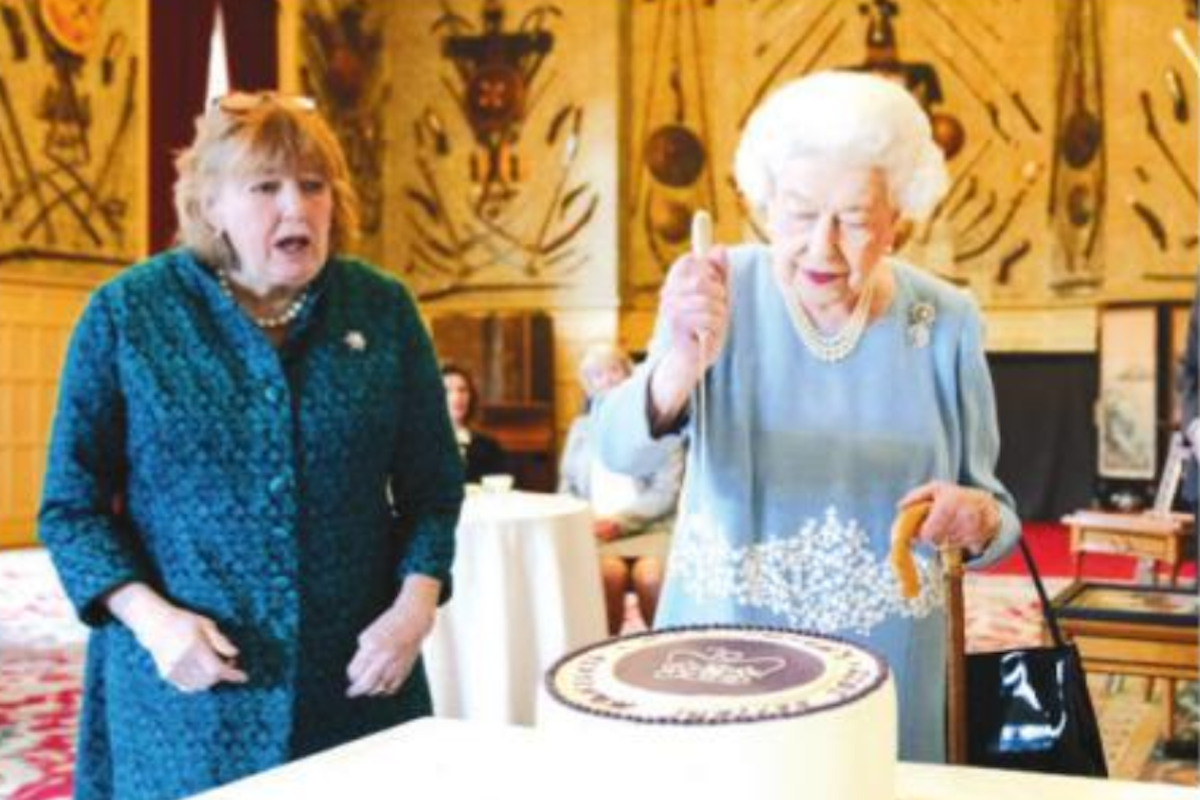Queen Elizabeth II is celebrating the Platinum Jubilee- the 70th anniversary of her ascension to the throne of the United Kingdom and of her ceremonial role with 14 Commonwealth nations. Events have been organized around the U.K. and Commonwealth countries to mark the occasion from June 2 to June 6.
The Commonwealth has a connection with the former British Empire. Founding members Australia, Canada, India, New Zealand, Pakistan, South Africa, Sri Lanka and the United Kingdom set up the Commonwealth in 1949. It has no formal constitution or bylaws or legal or for- mal obligations between members; they are held together by shared traditions, institutions, experiences, and economic self-interest.
Advertisement
The Queen’s solid commitment to the Commonwealth has played a significant role in uniting diverse groups. Only two monarchs – King George VI and his daughter Queen Elizabeth II – have been heads of the Commonwealth. Though the position is not hereditary, following a request from the Queen, Commonwealth leaders declared in 2019 that her son and heir, Prince Charles, would succeed her.
About 2.6 billion people live in Commonwealth countries. Canada, India, and Australia are geographically huge, but many states are small – like the Pacific island nations. It has a healthy tradition of not permitting bilateral disputes between member states to be brought up in its councils. The CHOGM summits allow the leaders to interact informally in a more relaxed atmosphere through the Retreat Sessions.
The Organisation played a significant role in galvanizing opposition to apartheid in the 1980s and could do the same over climate change. Some members withdrew from the Commonwealth, for instance, Ireland (1949), South Africa (1961), and Pakistan (1972), though both South Africa and Pakistan eventually rejoined (the former in 1994 and the latter in 1989). The last country to leave was the Maldives in 2016, but it too re-joined in 2020.
Will the Commonwealth survive after the Queen, who has held it together through its highs and lows? Only if the member states desire. The debate is going on within and outside the organization. The greatest challenge is closely associated with the British royal family. Most Commonwealth countries are republics,
chy and colonial history. Some others suggest that the “Head of the Commonwealth” needs to be rotated among Commonwealth leaders.
India has played a role since its inception. Prime Minister Nehru took the first crucial foreign policy decision to remain in the Commonwealth in 1949. It influenced other Asian and African countries to join the organisation. The main thing that keeps the organisation together is the conviction of a common interest in expected survival.
Prime Minister Narendra Modi’s participation in the 25th Political heads of state summit in 2018 has led to a more significant role in the Commonwealth in multilateral and bilateral terms. Perhaps the importance of the smaller states for votes is also a reason in the ‘one country, one vote’ scenario. The growing presence of the Indian Diaspora in Commonwealth countries is yet another reason.
Besides, the U.K. is keen for India to take on a new leadership role within the Commonwealth, post- Brexit. India, with its growing economic clout, has become more important to the U.K. than the U.K. is to India. There is much that India
and other pre-eminent Commonwealth members can do to reinvigorate the organisation. New Delhi can also showcase its leadership qualities in a time-tested forum. India has an opportunity to play a leadership role in building, renewing, and redefining links with the other member states.
Some experts predict a growing irrelevance of the Commonwealth. A Reuter report quoted Prof. Murphy of the University of London describing it as “the ghost of an organization.” He said, “I don’t see the will to draw a line under it, and I don’t see who would have the authority to do that. I think the danger is that it will gradually become less influential, less important, and less interesting to its citizens.”
It is not surprising as even other international bodies like the United Nations and the World Health Organization are slowly losing their influence on member nations. However, multilateral institutions have their uses and should not be allowed to die. The best way for the member states is to reinvent and revive the organization. India could play a significant role in this. Political, economic, and historical factors play some part in keeping the Commonwealth together. The question is no longer “Can I go out?” as the members are free to go but “Where do I go?”











